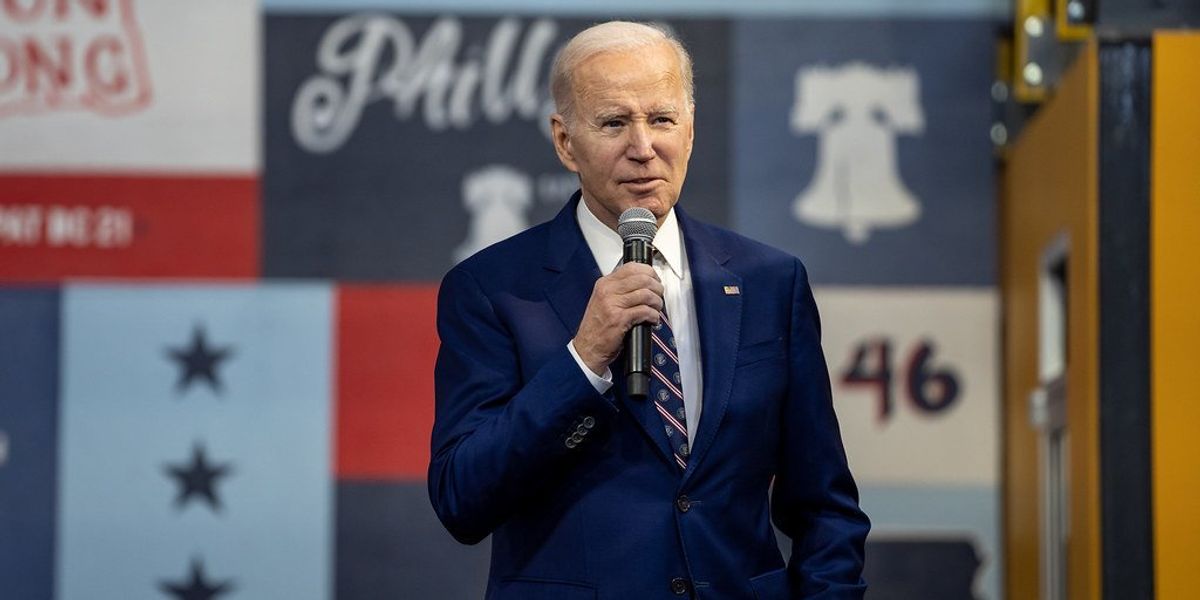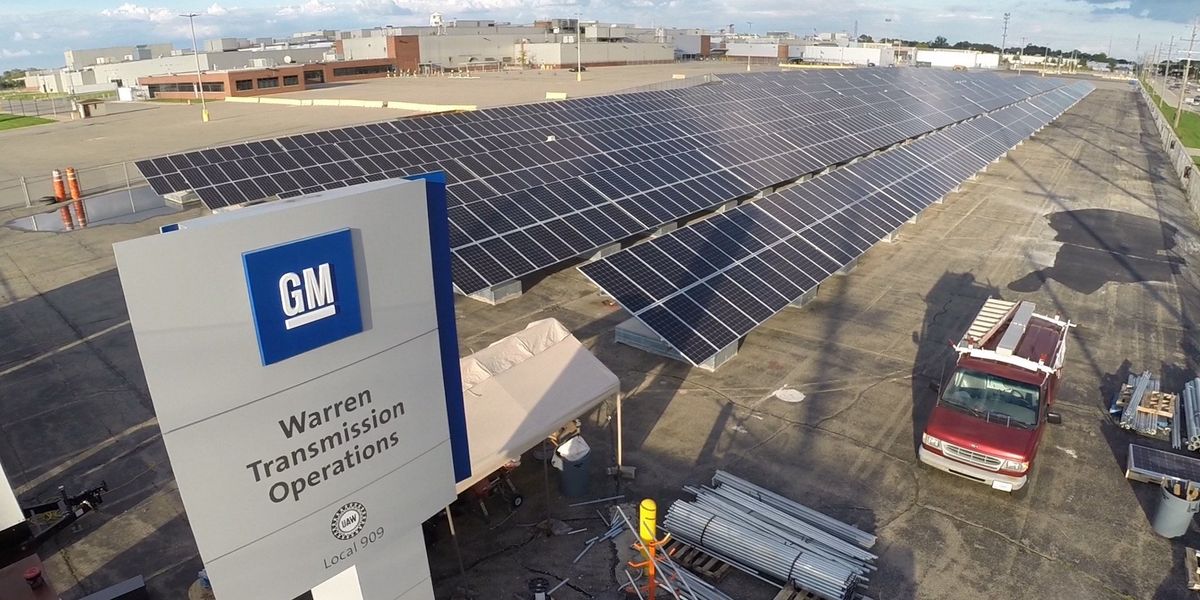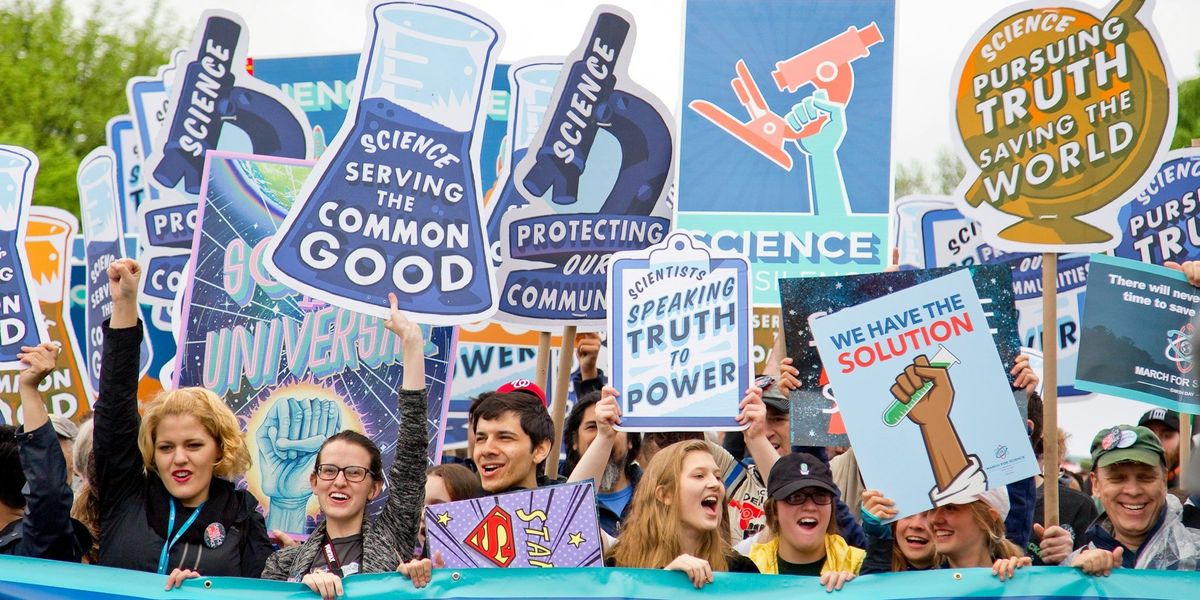
Op-ed: Biden’s Arctic drilling go-ahead illustrates the limits of democratic problem solving
President Biden continues to deploy conventional tactics against the highly unconventional threat of climate change.
Howls of outrage met the Biden administration decision to allow Arctic oil drilling at the same time it pursues the most climate-friendly agenda of any American president. How can this conflict in priorities be explained?
ConocoPhillips received permission to exploit the largest proposed oil project on U.S. federal land, the Alaska Willow project. At the same time, the president reduced the size of the project from five drilling sites to three, got the petroleum company to agree to return to the government leases covering about 68,000 acres in the drilling area and said new protections for a nearby coastal wetland are coming.
The most sympathetic and telling explanation for this seeming contradiction is that the president drew on tools that have worked in his long political career. But his instinct toward finding the middle ground says as much about the American public, including the fiercest climate advocates, as it says about him. All of us have shirked responsibility on the existential issue that is climate change and that is reflected in our politicians and their decisions. As Walt Kelly said, “we have met the enemy and they are us.”
President Biden was pushed and pulled in multiple directions with a great deal at stake, arguably including his own political viability. His expressed long-term objective is to stop the emission of greenhouse gasses. But getting reelected to be able to do so is a goal of a different nature. Showing sensitivity to the immediate welfare of the local Native Alaska population is still another, as is not jeopardizing the re-election of Alaska’s Democratic representative.
To balance these diverse set of goals, he found compromise. He endorsed drilling, even as his administration is investing massive amounts into the development of a fossil-fuel-free economy. If this were any conventional policy challenge, his judgment would be hailed as masterful. But there’s nothing conventional about this crisis.
Compromise on climate change
For the most part, Americans value the long tradition of compromise. It’s how we move forward. It’s how you build the mass support that eventually resolves vexing problems. Fortunately, many of the challenges that life poses are susceptible to incremental solutions that slowly move society toward progress.
In more rare cases, the imperative of change is less pliable and more urgent. The unforgiving physics of climate change is in that category. Greenhouse gas loading of the atmosphere is a non-negotiable reality.
President Biden has excellent science advisors. I’m confident he has been briefed on how greenhouse gases enter and linger in the atmosphere. He surely understands that no amount of greenhouse gas discharge is acceptable at this stage. But he continues to deploy conventional tactics against this unconventional threat, likely because that is pretty much all he has – because the American public isn’t ready to face the truth and this tool has worked for him in the past.
The science of climate is non-negotiable
This is an American dilemma, the collision of our style of problem solving and problem avoidance. It’s not the first time an unstoppable force has met an immovable object to illustrate the limits of democratic problem solving. Take a look at the tortured 19th century process where good intentions tried to hold the union together as it struggled with the moral and ethical rot of slavery.
There, also, politicians sought repeatedly to compromise rather than directly confront the impossible challenge of ending slavery. As new states and territories entered the union, some were designated slaves and others free, accepting the evil to avoid overt conflict. None of this did more than defer the inevitable, but it helped leaders avoid confronting uncomfortable truths about slavery. Slavery happened in the South but its products underpinned many a comfortable life in the North.
Cheap cotton went North to mill towns to support a good life. It made the fortunes of families like the Lowells, who poured their proceeds into making Harvard, Harvard. The mills provided entry-level jobs for new immigrants trying to gain a foothold in the United States.
Even among those who considered it an evil, slavery was quietly intertwined into their lives.
But, what does this have to do with climate change?
Just like the abolitionists of New England, we benefit from the evil we condemn. Quite a lot of us live an unimaginably rich and freeing life, largely because of carbon. The freedom of using it, even wasting it, defines who we are.
We rarely think twice about the greater implications of these constant consumptions. To do so would slow us down, redirect us from our life’s work, further impinge on our limited time and add unwanted complications to our lives.
To move forward would require asking uncomfortable questions about our own complicity rather than simply attacking fossil fuel providers. And then to take actions which might, in some ways, upend our lives. That this is a well-meaning complicity makes it all the harder to come clean.
So we — and the leaders acting on our behalf — make compromises hoping the science of climate is negotiable, even as we know it is not.
Ruth Greenspan Bell is a Public Policy Fellow at the Woodrow Wilson International Center for Scholars.













